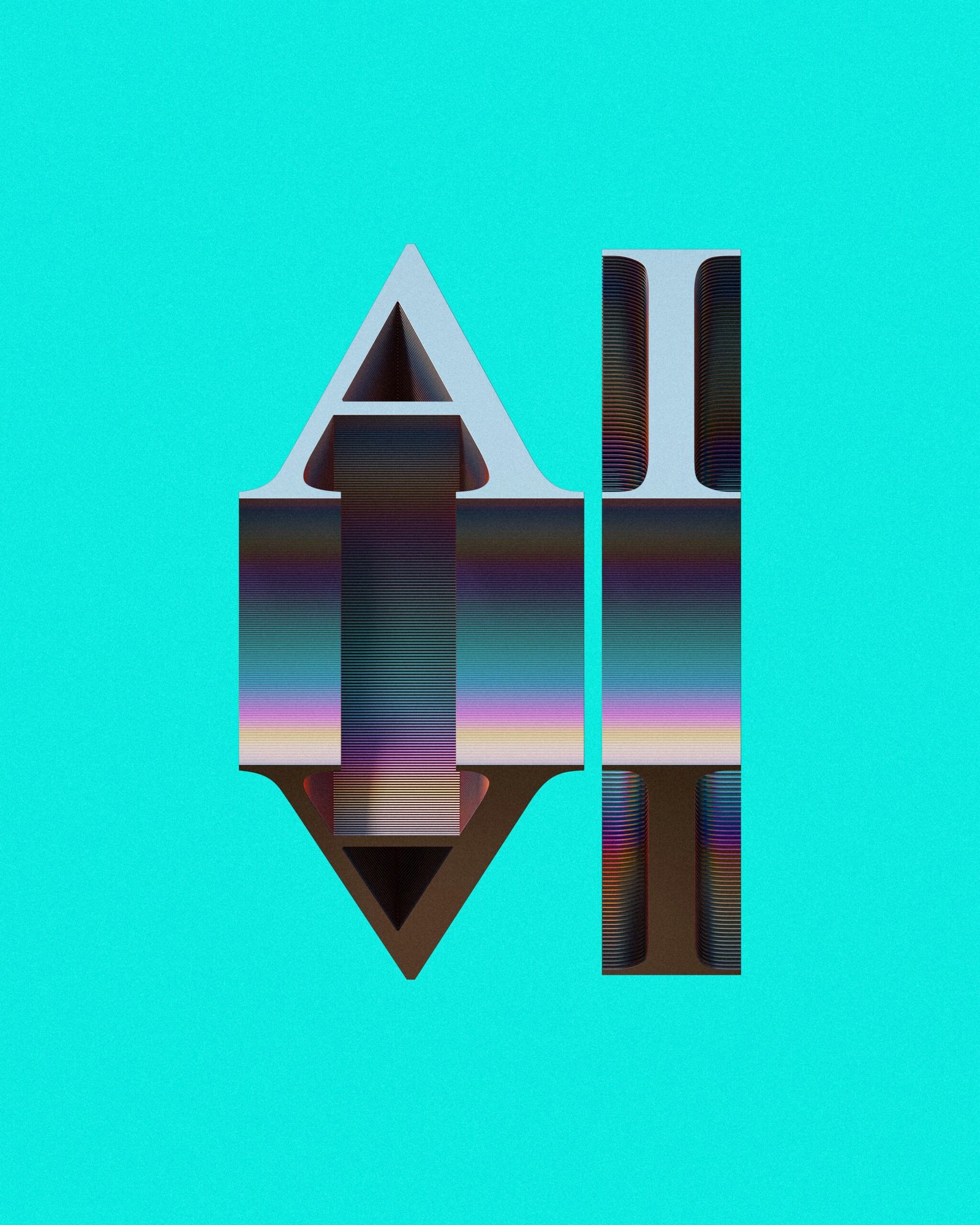Introduction to Learning AI from Scratch
As we stand on the threshold of a technological revolution driven by artificial intelligence (AI), the significance of understanding AI from scratch becomes paramount. The question often arises: what does it mean to truly learn AI? Is it merely about understanding algorithms and coding, or does it extend deeper into the realms of cognition and machine learning? These questions invite reflection and exploration, showcasing the multifaceted nature of AI in modern science and philosophy.
The advancements in AI have altered the fabric of various sectors, including healthcare, finance, and transportation, revolutionizing how we approach problem-solving and decision-making. This raises a compelling motivation for novice learners to grasp the foundational concepts of AI. By embarking on a journey to learn AI from a fundamental standpoint, individuals can appreciate the influence of AI on their lives and work. Whether it is enhancing productivity through automation or creating innovative solutions to complex problems, the capabilities of AI are continually expanding, making learning it more significant than ever.
Moreover, diving into the intricacies of AI aligns not just with technological progression but also with philosophical inquiries about intelligence, consciousness, and ethics. How do we define intelligence in machines, and what implications does this have for the future of humanity? The philosophical underpinnings of AI encourage a deeper understanding of its potential to shape societies, prompting us to consider both the benefits and ethical dilemmas it raises.
With unparalleled opportunities for discovery and implementation, learning AI from scratch opens avenues for curiosity and innovation. This guide will serve as a compass, steering readers through the fundamental concepts and methodologies of AI, fostering an engaging learning experience that inspires further inquiry into this captivating domain.
The Journey of Discovering AI: Key Concepts and Importance
The exploration of artificial intelligence (AI) begins with the foundational concepts that form its bedrock. Understanding these key ideas is essential for anyone embarking on the thrilling journey of AI, as they not only illuminate the technology but also reflect its profound implications in various fields. One of the primary concepts in AI is machine learning, a subset of AI that enables systems to learn from data and improve their performance over time. Imagine a computer program that gets progressively smarter at identifying spam emails, reducing false positives as it processes more information. This iterative learning process underpins many AI applications today.
Another fundamental term is neural networks. These are inspired by the structure of the human brain and consist of interconnected nodes that process data and recognize patterns. For instance, neural networks powered the development of facial recognition technology, enabling smartphones to unlock via a simple glance. As we advance through our AI expedition, we encounter natural language processing (NLP), which empowers machines to understand and respond to human language. Tools like chatbots and virtual assistants exemplify the essence of NLP, transforming how we interact with technology.
The significance of AI transcends mere academic interest; it is woven into the fabric of modern civilization, affecting areas such as healthcare, finance, and education. For example, AI algorithms analyze vast medical datasets to identify potential treatments, while in finance, they detect fraudulent transactions in real time. Moreover, the ethical considerations surrounding AI, such as bias in algorithms and the implications of automation on employment, urge us to reflect critically on how this technology shapes our world.
As we venture deeper into the realm of artificial intelligence, each revelation serves as a stepping stone, highlighting the importance of understanding these concepts. Through thoughtful exploration, we can appreciate not only the potential of AI but also the responsibilities that accompany its use in society.
Philosophical Insights and Real-World Applications
The rise of artificial intelligence (AI) has sparked a myriad of philosophical discussions, particularly concerning its ethical implications and influence on society. As we delve into these topics, it becomes clear that understanding AI from scratch necessitates an examination of not just the technology itself, but also the profound questions it raises about intelligence, consciousness, and morality. Philosophers like John Searle and Daniel Dennett have contributed significantly to the conversation surrounding machine intelligence, provoking debates on whether machines can genuinely “think” or if they merely simulate human cognitive processes.
One of the notable ethical considerations in AI development is the challenge of bias within algorithms. Instances of biased outcomes in AI systems, such as facial recognition technologies that perform poorly on individuals from diverse racial backgrounds, have highlighted the importance of equitable data representation. This is crucial for ensuring fairness and accountability in AI applications. Additionally, concepts such as the Turing Test probe the limits of machine consciousness, challenging us to reconsider our definitions of intelligence and sentience.
In exploring real-world applications, AI technologies have demonstrated both promise and peril. From autonomous vehicles to healthcare diagnostics, AI’s potential to revolutionize various sectors is evident. However, this progress invites careful oversight and governance to mitigate risks associated with privacy, security, and employment. Case studies, such as the deployment of AI in predictive policing, raise important questions about the balance between innovation and ethical responsibility. As we learn AI from scratch, these discussions encourage us to engage critically with the technology, reflecting on its broader implications for humanity.
Ultimately, the intersection of philosophy and AI serves as a vital lens through which we can evaluate not just the capabilities of these systems, but also the essence of what it means to be intelligent, conscious, and ethical in an age where machines continue to evolve.
Conclusion: Lessons Learned and Future Questions
In our exploration of learning artificial intelligence from scratch, we have delved into the fundamental concepts that underpin this rapidly developing field. We examined the various approaches, including supervised and unsupervised learning, which serve as a foundation for understanding how machines are trained to analyze and interpret data effectively. Moreover, we highlighted the importance of practical experience through projects and coding exercises, emphasizing that hands-on practice is crucial for mastering AI concepts.
The significance of continuous learning in artificial intelligence cannot be overstated. As technology evolves, the methodologies and tools employed in AI also undergo rapid transformation. Therefore, remaining current with the latest trends and advancements is essential for anyone venturing into this domain. The journey of learning AI is not just about acquiring knowledge but also about fostering an adaptability that will serve learners well in their future endeavors.
As we conclude our guide, it also invites reflection on some pertinent questions surrounding the future of artificial intelligence. How will AI shape the workforce of tomorrow? What ethical considerations need to be taken into account as we integrate AI systems into our daily lives? Furthermore, as we learn AI from scratch, how can we ensure that the technology is accessible and beneficial to all segments of society? Addressing these questions will be crucial as we navigate the complexities of artificial intelligence.
In light of these considerations, I encourage you to remain curious and engaged in exploring the vast potential of AI. The field offers not only opportunities for professional growth but also the chance to contribute positively to society. Adopting a proactive approach to learning and a commitment to ethical practices will prepare you for the exciting challenges that lie ahead in the world of artificial intelligence.





